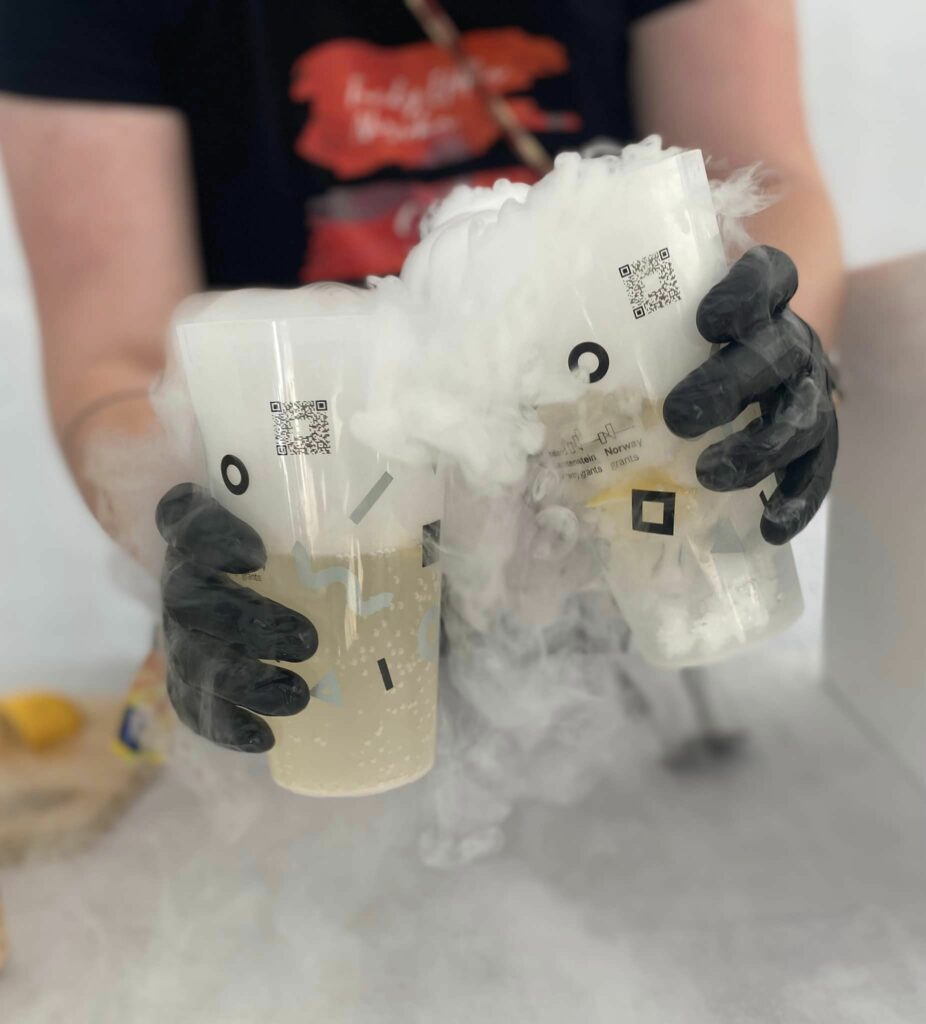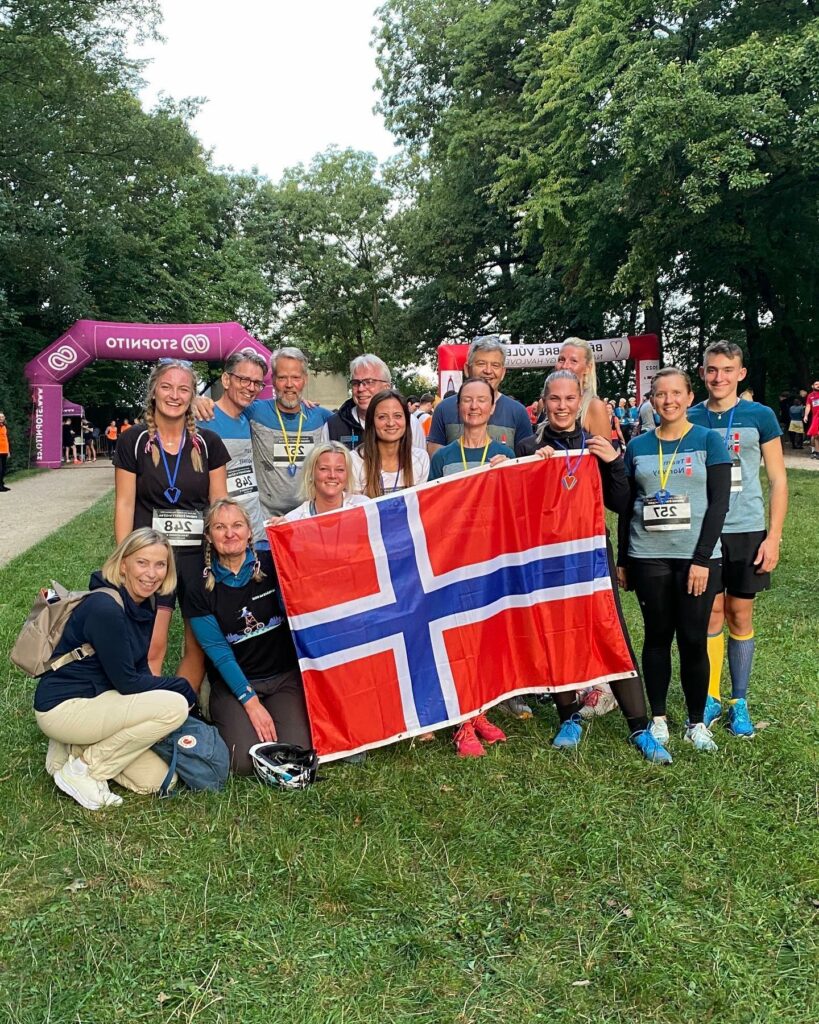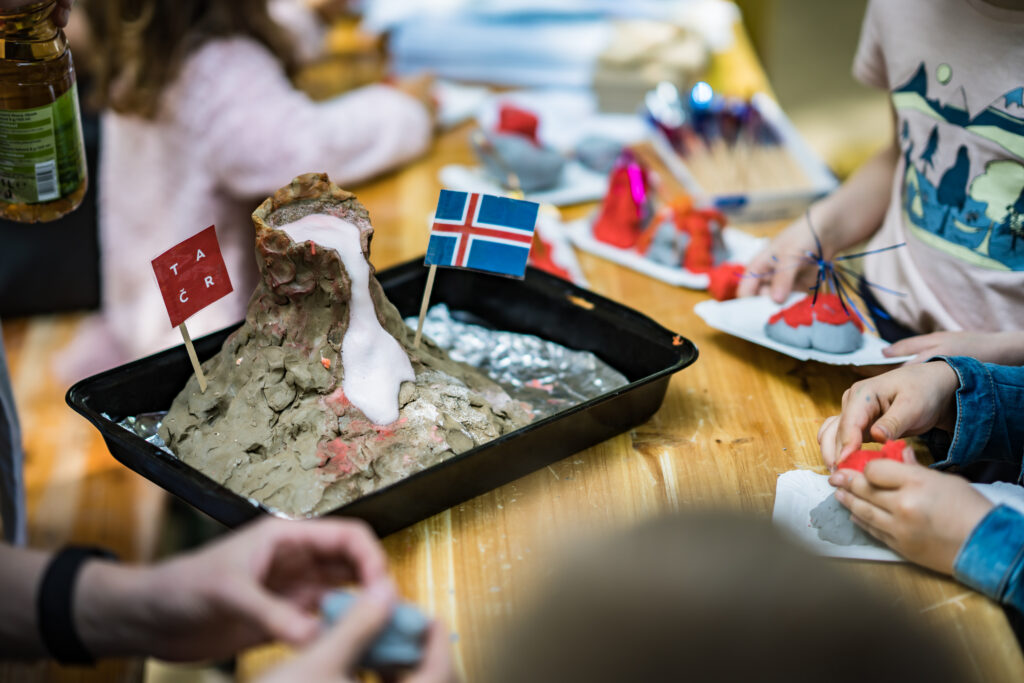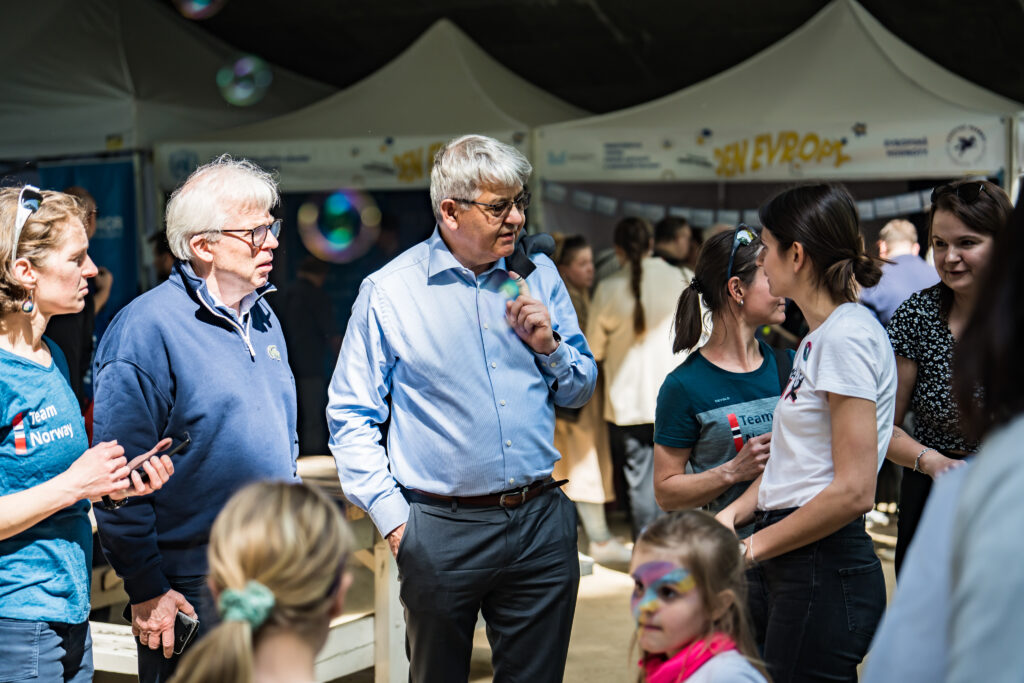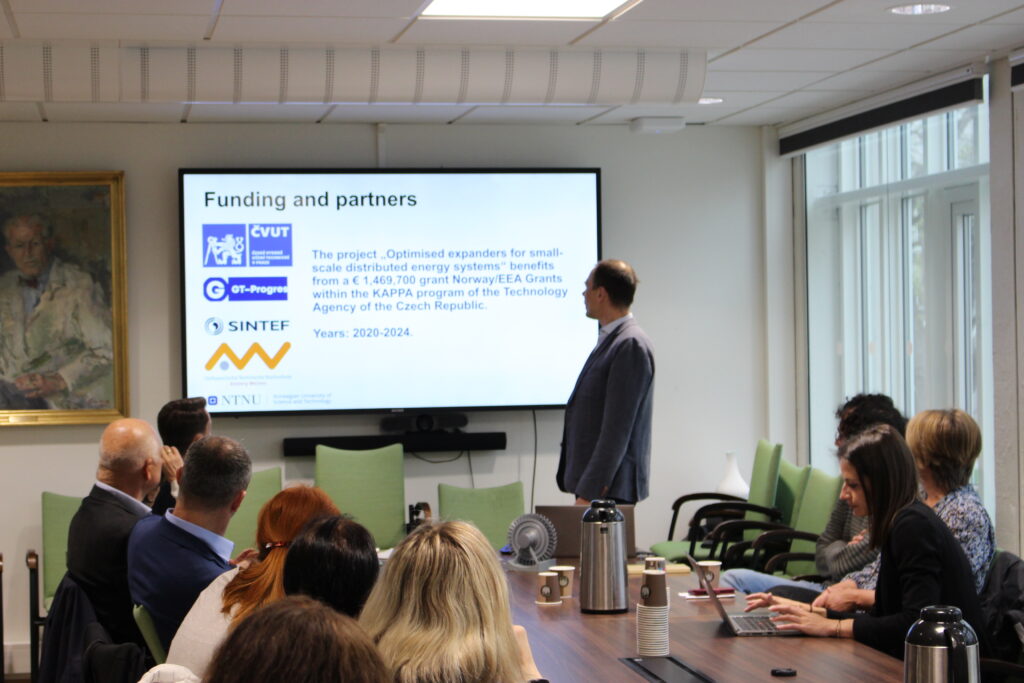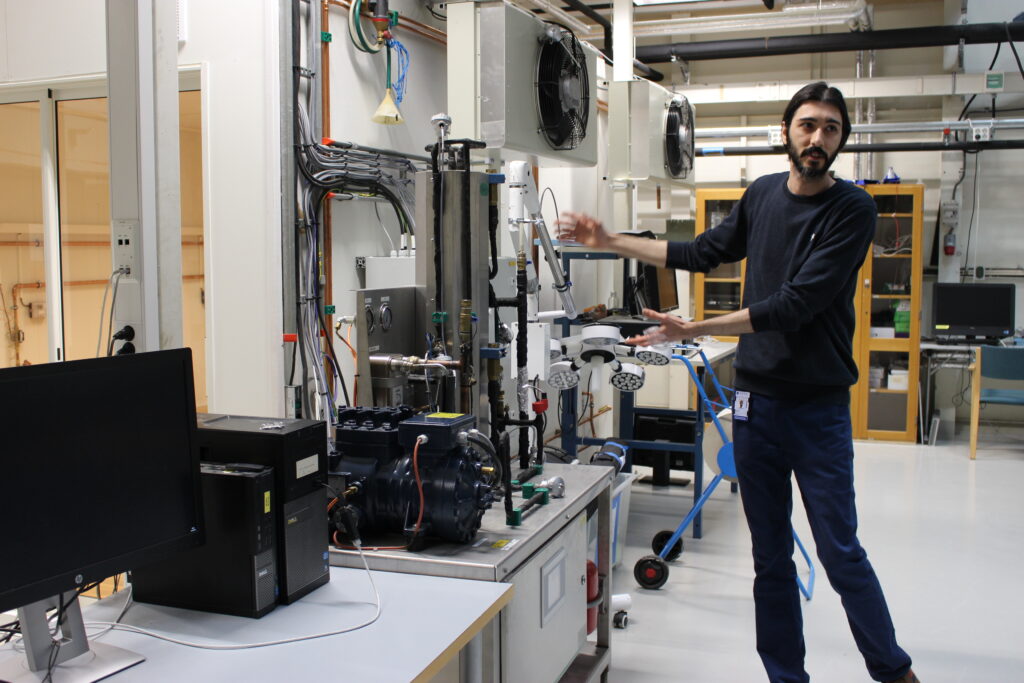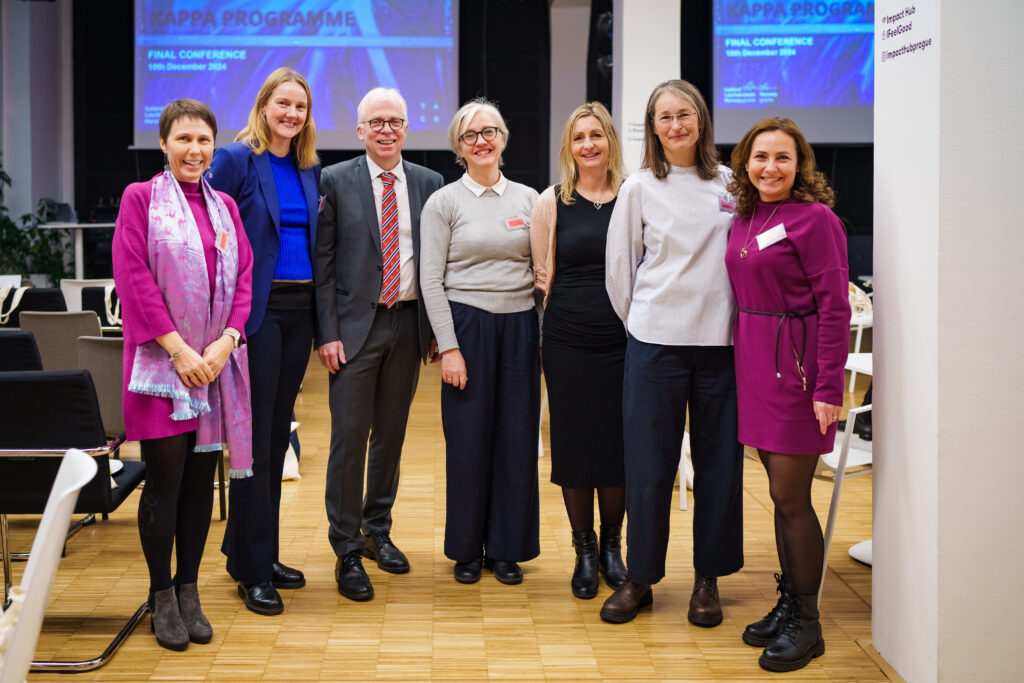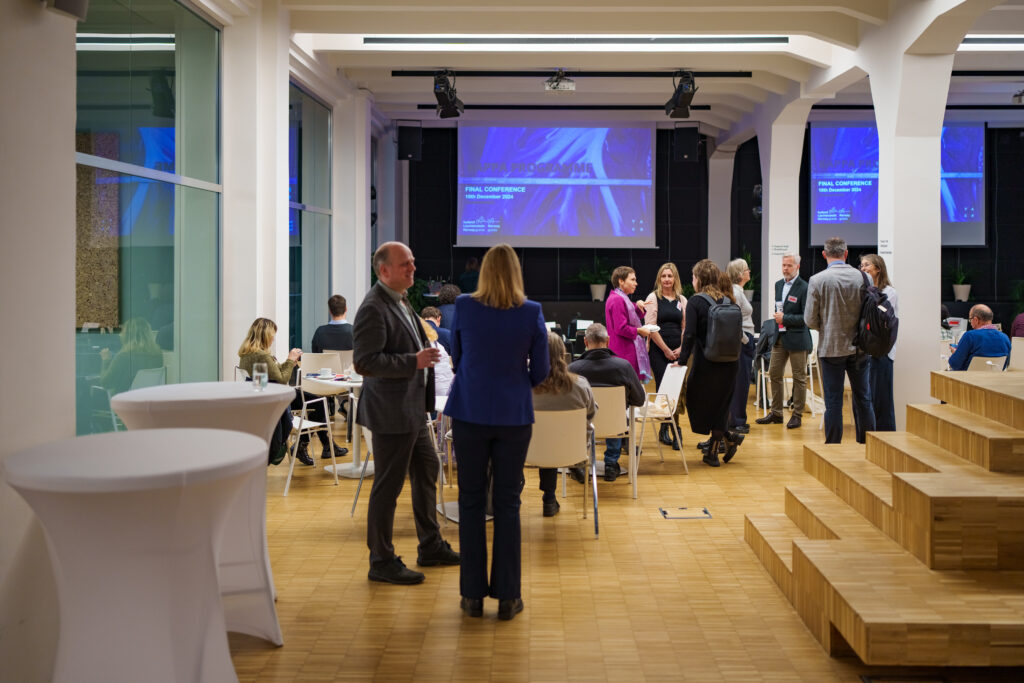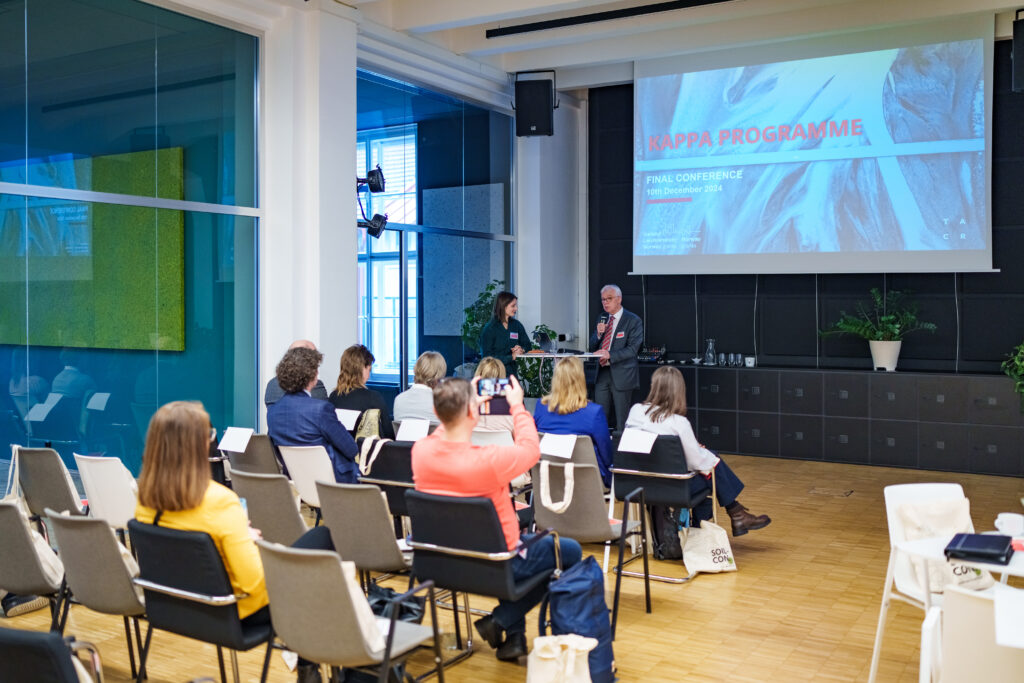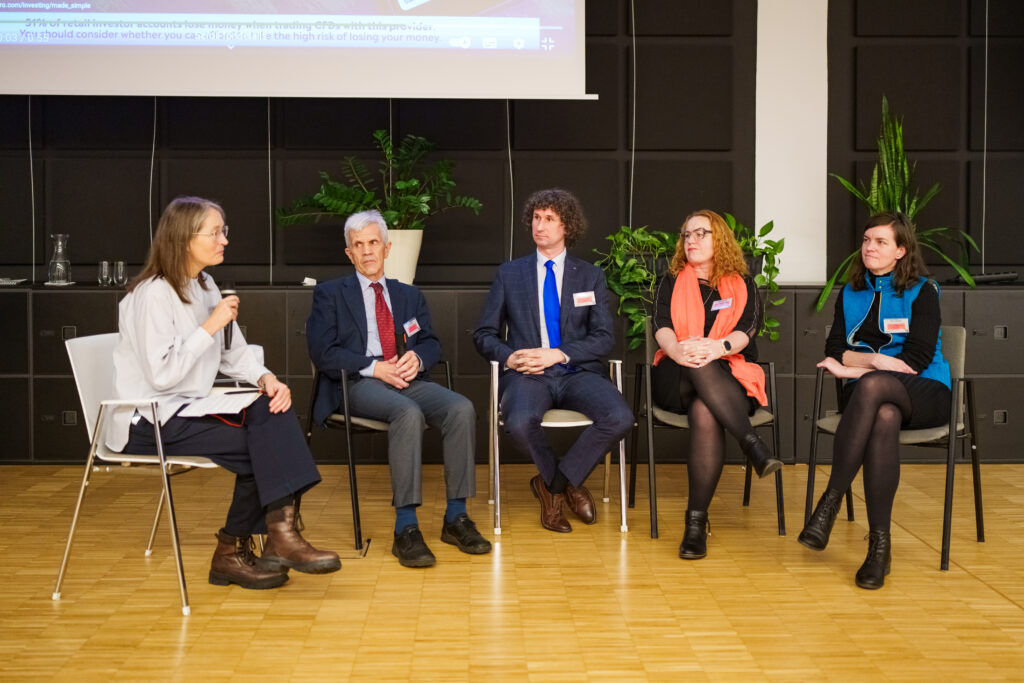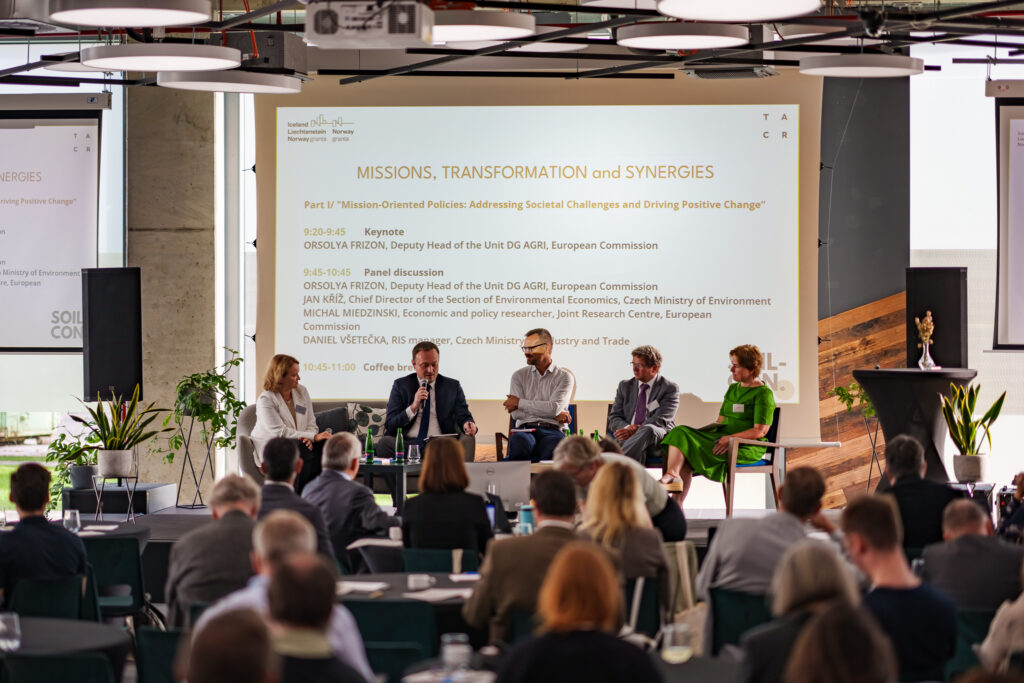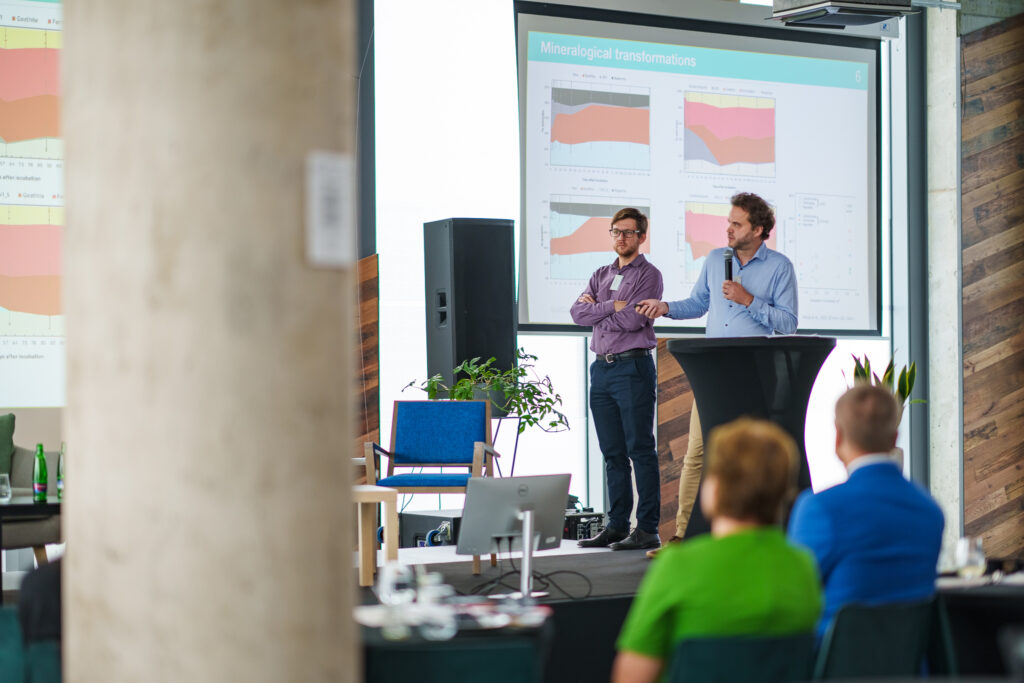The KAPPA Programme, an applied research, experimental development, and innovation programme funded by the EEA and Norway Grants, was focused on fostering international cooperation between researchers from the Czech Republic and partners from Norway, Iceland, and Liechtenstein. Throughout the Programme, 25 projects were supported with a total funding of 32,5 million EUR.
The Programme’s objective was to enhance knowledge development in applied research through international cooperation while increasing the number of results successfully put into practice, thereby strengthening the competitiveness of participating enterprises and research institutions.
A special Programme component was the support of projects focused on carbon capture and storage (CCS), with approximately 5,2 million EUR allocation. A standout project was CO2-SPICER, which aimed to establish the first pilot CO2 storage facility in southeastern Moravia, providing a model for future CO2 storage sites in the Czech Republic and Europe.
In the first Call for Proposals of the KAPPA Programme, announced at the end of 2019, 25 projects were selected for funding from a total of 163 submitted proposals. Of these, 23 projects involved Czech and Norwegian partners, while in two cases, Czech researchers collaborated with Icelandic partners. All projects were completed in 2024.
Which projects did we support in the KAPPA Programme?
The funded projects covered a wide range of research fields, from natural sciences and engineering to technological development, medicine, veterinary science, and agriculture.
Many supported projects focused on the adoption of innovative and more sustainable technologies. For instance, the REGIOHYT project analyzed the potential use of hydrogen trains for regional transport in the Czech Republic, while the DWARF project focused on drinking water quality. The REAL project developed an environmentally acceptable form of marine lubricants. In the field of healthcare, projects addressed innovative treatments such as 3D-printed bone implants within the ProfiBONE project, as well as research on cancer, Alzheimer’s disease and eye disorders. More details on all supported projects can be found on this website.
The KAPPA Programme also significantly fostered bilateral collaboration between Czech and Norwegian or Icelandic research organisations and business entities. This cooperation led to numerous practical outcomes and academic publications, contributing to the advancement of scientific dialogue in various fields. The partnerships often opened new ways of research, provided access to new markets, and facilitated the exchange of knowledge and expertise between the participating countries, ultimately benefiting the scientific and technological potential of the involved organizations.
The implementation of the EEA and Norway Grants Programme was also a valuable and enriching experience for the Technology Agency of the Czech Republic. It allowed the agency to adopt new evaluation methodologies, such as consensus-based assessments, administer a fully English-language Programme, lay the foundation for open-access support, and focus on fostering close collaboration with funded projects. Additionally, the Programme helped introduce beneficiaries to the conditions of the EU’s framework programmes on research and innovation.
“The KAPPA Programme provided an excellent opportunity for collaboration not only between Czech researchers and their Norwegian and Icelandic counterparts but also for the TA CR office itself. Working with our Norwegian and Icelandic colleagues was incredibly enriching, as they inspired us in areas such as Programme design, open calls, evaluation, and monitoring. The atmosphere was always constructive, something we highly value as it drives us forward.”
— Táňa Hálová Perglová, Director of the Cross-cutting and International Activities Section, TA CR
If you would like to learn more about the KAPPA Programme, you can also take a look at a presentation from the final conference.
Regarding the next programme period from 2021 to 2028, new programmes financed by the EEA and Norway Grants are currently being negotiated between the Czech Republic and the Donor states. The priorities for the new period, for which 3.27 billion EUR has been allocated, include the European green transition, democracy, the rule of law and human rights, as well as social inclusion and resilience. To achieve these priorities, 15 programme areas and three specialized funds have been established, focusing on addressing common European challenges, supporting innovation, and funding high-impact projects, including research initiatives.



